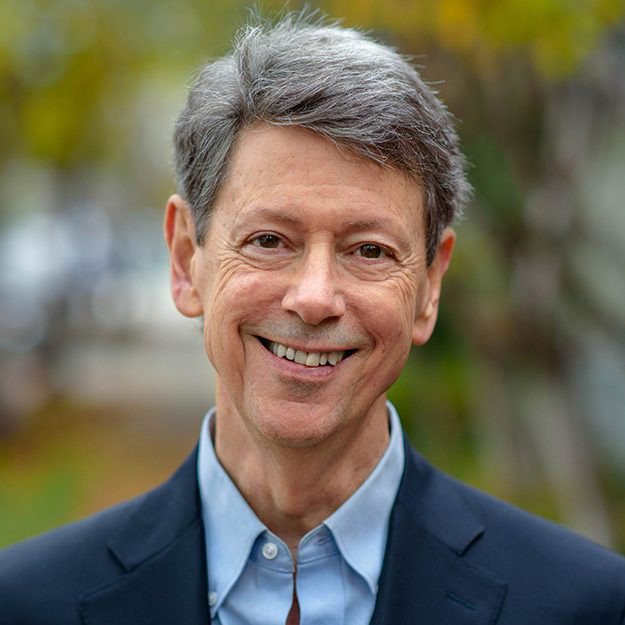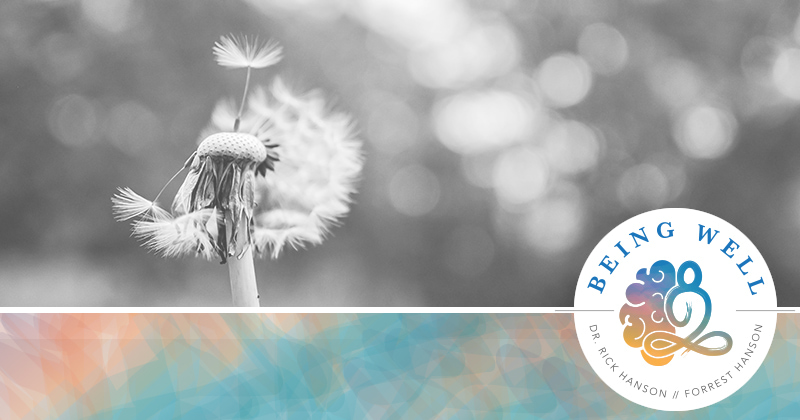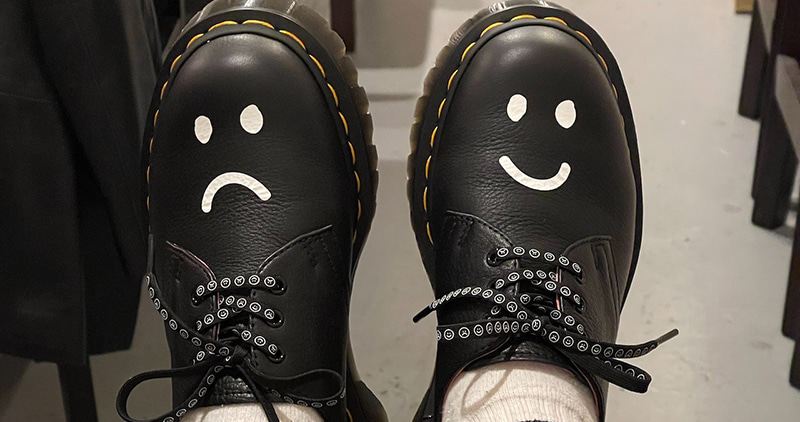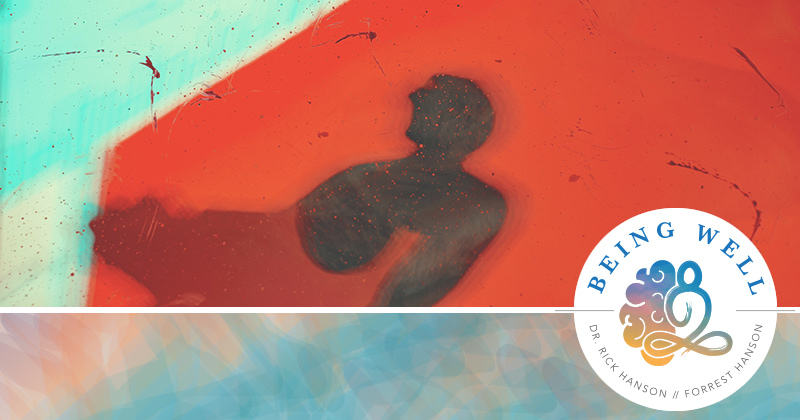In this Wednesday Night Meditation, Dr. Rick Hanson offered a meditation and talk on The Enlightenment Factor of “Investigation”.

Rick Hanson
Author / Psychologist
Follow on:
Expertise
Biography
Rick Hanson, Ph.D. is a psychologist, Senior Fellow at UC Berkeley’s Greater Good Science Center, and New York Times best-selling author. His seven books have been published in 33 languages, and include Making Great Relationships, Neurodharma, Resilient, Hardwiring Happiness, Just One Thing, Buddha’s Brain, and Mother Nurture – with over a million copies in English alone. He's the founder of the Global Compassion Coalition and the Wellspring Institute for Neuroscience and Contemplative Wisdom, as well as the co-host of the Being Well Podcast – which has been downloaded over 15 million times. His free newsletters have over 260,000 subscribers and his online programs have scholarships available for those in need. He’s lectured at NASA, Google, Oxford, and Harvard. An expert on positive neuroplasticity, his work has been featured on CBS, NPR, the BBC, and other major media. He began meditating in 1974 and has taught in meditation centers worldwide. He and his wife live in Northern California and have two adult children. He loves the wilderness and taking a break from emails.
Articles
Being Well Podcast: How to Become Psychologically Flexible (from formerly rigid people)
Just like how physical flexibility is the amount of stretch in our muscles, the ability they have to bend without breaking, psychological flexibility is the same quality in our minds. It helps us look at situations in new lights, be open to our emotions, let go of old versions of ourselves, and step into new ways of being.
Meditation + Talk: The Seven Factors of Awakening – Starting with Mindfulness
In this Wednesday Night Meditation, Dr. Rick Hanson offered a meditation and talk on The Seven Factors of Awakening – starting with Mindfulness.
Being Well Podcast: Stephanie Foo: Complex PTSD and Learning to Live With the Past
One of the most fascinating aspects of the mind is how most of what’s going on in it lies outside of our awareness. In this episode of the Being Well Podcast, Forrest and Dr. Rick explore the unconscious mind and the material we might find there. They talk about what the unconscious mind is, the purpose of the unconscious, repression, and what we can do to access, use, and release that unconscious material.
Meditation + Talk: Why Do We Take in the Good?
In this Wednesday Night Meditation, Dr. Rick Hanson offered a meditation and talk on Why Do We Take in the Good?
Suffering and Happiness
Blasting another person with anger is like throwing hot coals with bare hands: both people get burned. Speak calmly and from your heart, even when wronged.
Peace of Mind: Emotions, the Limbic System, and Equanimity
Exercises to encourage you to keep moving from shame to worth.
Train Your Brain: From Sadness to Contentment
Exercises to encourage you to keep moving from shame to worth.
Coping with Loss: Implications of Neuroscience and Contemplative Wisdom
Exercises to encourage you to keep moving from shame to worth.
It’s Possible to Heal Yourself
Exercises to encourage you to keep moving from shame to worth.
Being Well Podcast: The Unconscious Mind: What It Is and How to Use It
One of the most fascinating aspects of the mind is how most of what’s going on in it lies outside of our awareness. In this episode of the Being Well Podcast, Forrest and Dr. Rick explore the unconscious mind and the material we might find there. They talk about what the unconscious mind is, the purpose of the unconscious, repression, and what we can do to access, use, and release that unconscious material.
Meditation + Talk: Finding A Greater Wholeness
In this Wednesday Night Meditation, guest teacher Henry Shukman offers a guided meditation and talk on Finding A Greater Wholeness.











